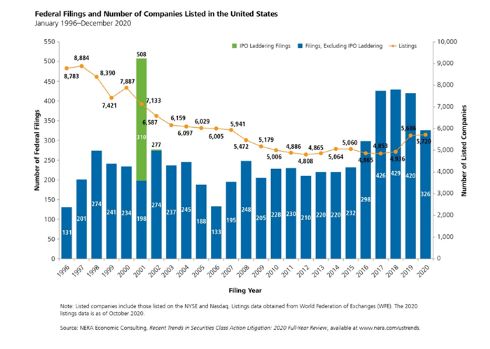
The Goods: The TINDER registration covered
"downloadable software in the nature of a mobile application
for internet-based dating and matchmaking," but applicant
Shahin (appearing pro se) argued that the involved goods are
different:
The Board, however, pointed out once again that it must "look to the description of goods in the application and registration, not to extrinsic evidence about the scope of the goods" and, in any case, "Applicant's argument does not present any meaningful distinction between his software and Opposer's software: that is, both products seek to make meeting people easier or less difficult."
The Marks: The Board noted that when the involved goods are (in part) identical, a lesser degree of similarity between the marks is required to support a findig of likelihood of confusion. (FWIW, Applicant's drawing depicted the mark in lower case letters (beender), but he did not claim any special form for the mark.)
A mark displayed in standard form is not limited to any particular depiction of the mark. For example, Applicant Shahin displays his mark as follows:
![]()
Opposer, whose registered mark is depicted in standard character form, may display its mark thusly:

[Does this point make any sense? - ed.].
"Under these circumstances, including the renown of
Opposer's mark and the identity of the services, the marks are
similar, albeit not identical in appearance."
The Board also found that "beender" could be
pronounced as "bender," since the word "been"
is pronounced as "ben." [That pronunciation never crossed
my mind. I think applicant's mark would be pronounced
"bean-der." - ed.] . Despite no apparent
supporting evidence, the Board concluded:
The Board bent over even further toward opposer when it considered
the meanings of the marks. Applicant Shahin maintained that
"beender" is a term he coined, derived from the phrase
"been there, done that." The Board, however, noted that
some dictionaries define "bender" as a slang term meaning
"a drinking spree," and the Urban Dictionary,
one website, and one blog post refer to a "tinder bender"
as a "string of dates." According to the Board, some
users "may believe that beender is a shortened form of
'Tinder Bender." [Where's the proof? -
ed.]
The Board therefore sustained the Section 2(d) claim.
Dilution: Opposer's evidence of fame for dilution purposes fell short because it failed to show that the mark is famous to the general public, as opposed to users of mobile dating apps (i.e., niche fame). And so opposer's dilution claim was dismissed.
The content of this article is intended to provide a general guide to the subject matter. Specialist advice should be sought about your specific circumstances.
